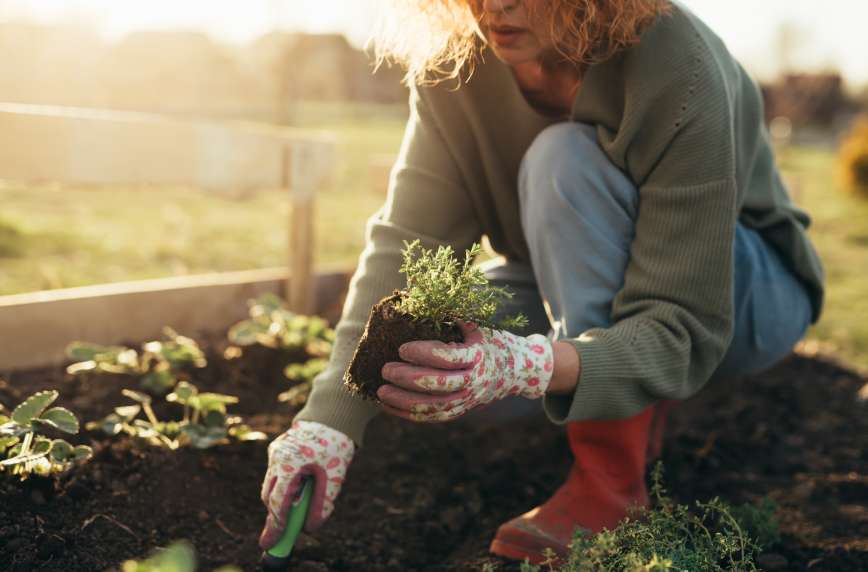Gardening can provide homeowners with a peaceful retreat and a sense of accomplishment. However, unexpected challenges can threaten that satisfaction. It is important to know the early warning signs that something is wrong in your garden so that you can take prompt action to save your plants. Read on to learn about five red flags to watch for in your garden.
The Ground Seems Different
If you notice that the dirt in your garden has undergone changes in terms of texture, color, or smell, it could be an indication of underlying issues. For example, soil that is slipper is a sign of excess humic acid.
Pay close attention to these changes and check the soil’s pH level. You may have to add organic matter to return your soil to normal.
Your Plants Show Signs of Being Eaten
Another red flag to watch for in your garden is an indication that an unwanted guest has been munching on your plants. If you observe holes in leaves, chewed stems, or missing flowers, pests are likely feasting on your plants. Identifying the pests and taking appropriate measures, such as introducing beneficial insects or using organic pesticides, will stop them from snacking on your plants.
The Leaves Are Wilting
Wilting leaves often indicate that something is amiss in your garden. While it's natural for plants to wilt slightly during the hottest parts of the day, persistent wilting can indicate issues such as underwatering, overwatering, or root damage.
Check the moisture level of your soil and adjust your watering routine accordingly. A good tip for maintaining your home garden is to use water straight from your sink. This gives your plants the nutrients they need, allowing them to grow strong so that you can take pride in your garden.
Fungus Grows on Your Plants
When a fungus invades your garden, it can be very detrimental. If you notice powdery mildew, black spots, or mold on your plants, it's crucial to address the issue promptly. Fungal growth often thrives in damp, humid conditions; improving air circulation and avoiding overhead watering can help prevent infections.
Your Plants Have Become Brittle
When plants become brittle, it usually signals a problem with their overall health. Brittle stems and leaves can result from nutrient deficiencies or improper watering.
Assess the environmental factors affecting your plants and provide them with adequate nutrition through regular fertilization. Ensuring your plants receive consistent care and protection from harsh elements can help them regain vitality.
Staying vigilant and recognizing these warning signs early will help you ensure the health of your garden. Regular monitoring and prompt action will keep your plants thriving and keep your garden vibrant.
Are You a Professional?
Requests for your services are coming in left and right. Let’s connect and grow your business, together.


